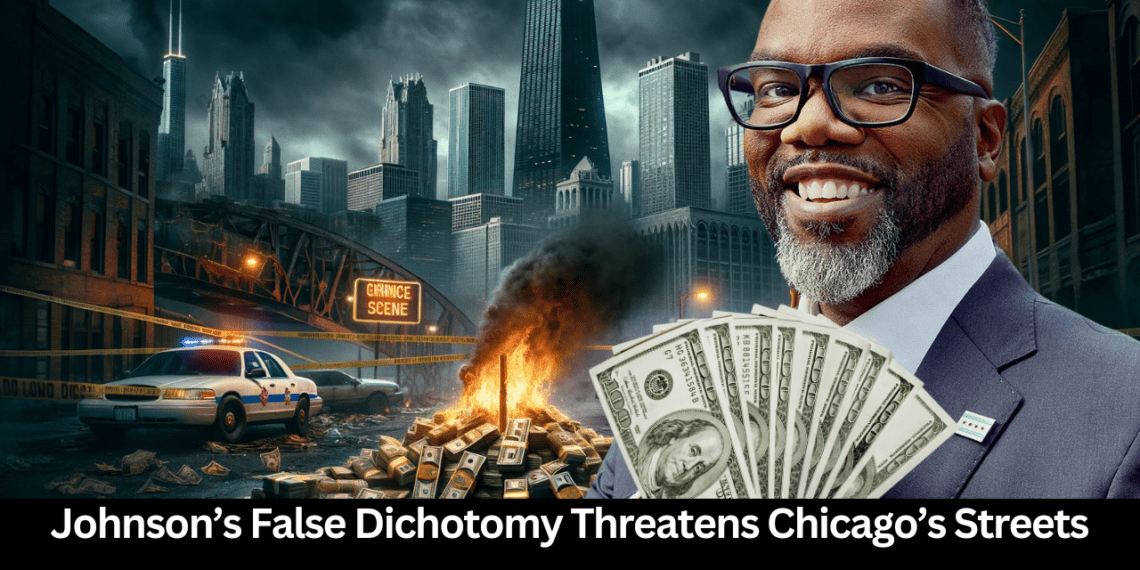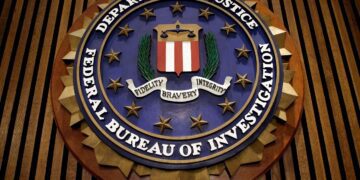In a not so shocking turn of events, it’s clear that Chicago’s spending on overtime for city employees has shot up to $524 million in 2023, a 19% jump from the previous year. More than half of that, $293 million to be exact, went to paying for police overtime. This is a huge increase from what was planned and shows a serious issue with how the city’s money is being managed under Mayor Brandon Johnson. This is happening at a time when Chicago is facing a big increase in crime and murders, struggling to handle a growing number of migrants, and has stopped using ShotSpotter technology, which helped police quickly get to crime scenes.
Mayor Johnson says he’s upset about the high overtime costs, but this seems a bit off considering the city’s bigger problems, like the rising crime and the difficult situation with migrants. It seems like he’s more worried about the budget than addressing these critical issues directly.
Under Johnson’s watch, stopping the use of ShotSpotter, a key tool for the police to react fast to gun violence, shows a move away from important crime-fighting efforts. This, along with ending the “scarecrowing” strategy, which placed police visibly on Michigan Avenue, seems to make the city less safe and could lead to more crime in busy areas.
The issue with overtime spending is just one part of a bigger problem with how Chicago is being run. The mayor’s focus on the budget issues facing the police misses the point. Effective crime fighting and public safety need both money and a good plan, which seems to be missing. Johnson talks about tackling the root causes of crime, like poverty, but this doesn’t mean we can ignore the need for a strong police force now.
Deciding to cut police overtime, especially with big events coming up like the Democratic National Convention, seems like a bad idea. It shows a lack of understanding of what it takes to keep a big city safe. While federal money will help with the convention’s security costs, the city still needs to make sure its police are ready to handle everyday safety issues.
Mayor Johnson’s plans for changing how public safety works, focusing more on social services than policing, seem out of touch with the city’s immediate problems. This approach risks making it harder for the police to do their job and raises questions about whether now is the right time for such changes.
Authors note: Mayor Johnson’s handling of these issues suggests a leadership style that’s not fully dealing with Chicago’s real challenges. As the city faces more violence and financial issues, it’s crucial to find a balance between spending wisely and keeping everyone safe. Chicago needs leaders who understand this balance and are ready to take on both today’s problems and plan for a better future. Without this, the city might face even tougher times ahead.









